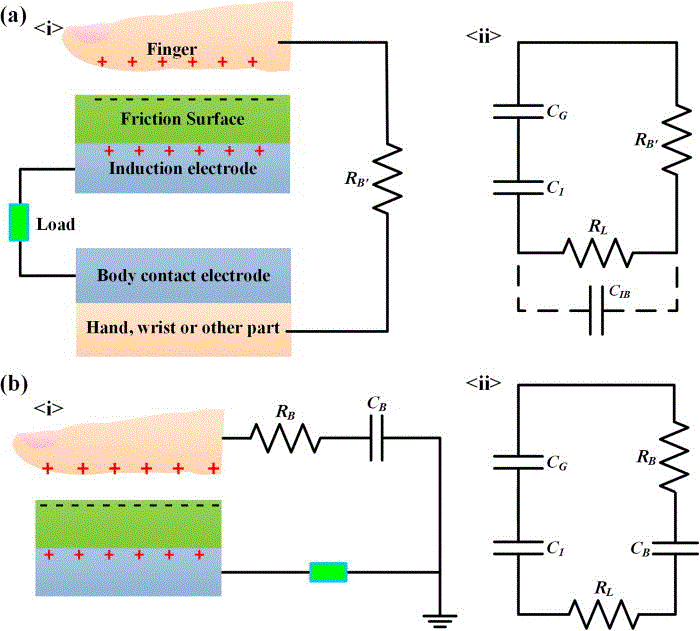Human Body Could be Used to Charge Portable Devices

Chinese researchers at Peking University in Beijing have invented a small generator that uses the human body as an electrode to power devices without requiring batteries.
According to Phys.org, the researchers have created a new material known as single-friction-surface triboelectric generator (STEG). Due to the triboelectric effect, some materials become electrically charged when they rub against each other, one example being static electricity.
For its study, "Single-friction-surface triboelectric generator with human body conduit" published in Applied Physics Letters, the researchers covered the screen on a smartphone with a layer of the transparent STEG composite material.
They also added a body contact electrode, which is used to conduct electricity, to the casing and the frame of the phone.
After repeated tapping and patting, when the palm of a hand or fingers came into contact with the phone, electric charges moved back and forth between the electrode and the charged skin, transferring electricity to the phone.

"At present, the generator is more suitable for low-power devices," said co-author Haixia Zhang, a professor at Peking University.
"In our future plans, we hope it can be used as a back-up power source for portable electronics."
The STEG material could be useful for low-power portable devices and wearable technology, such as implanted medical devices and sensors.
"For the STEG devices, we are making efforts to improve the output of the STEG device, attempting to use new materials and fabrication methods," Zhang said.
"The advantage of the human body as a good conductor will be taken to develop several novel triboelectric generator devices as well."
© Copyright IBTimes 2025. All rights reserved.





















